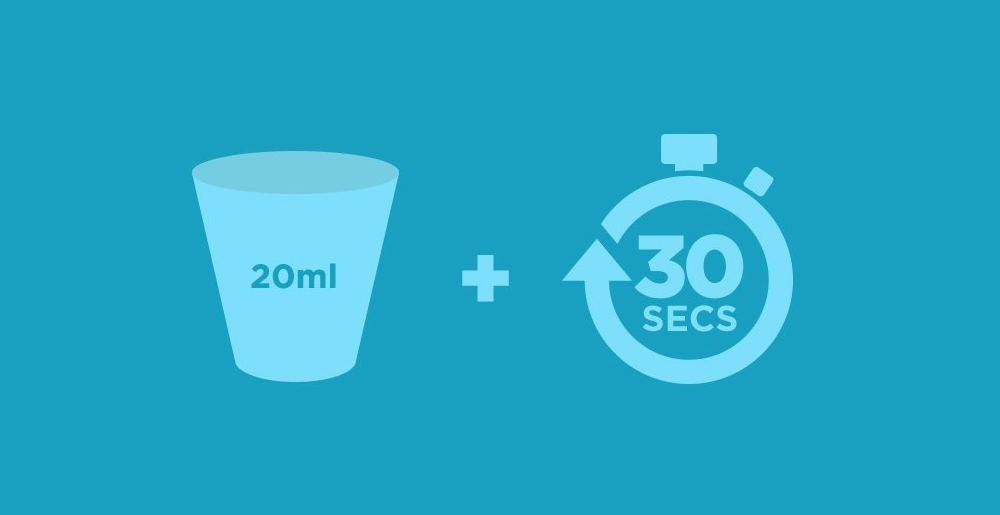The build up of plaque can quickly escalate into tooth decay, but early treatment can prevent it
What is tooth decay?
Your teeth are one of the strongest substances in the human body, but they’re not immune to damage. Tooth decay (also known as dental caries), is a condition that results from small holes called cavities forming in a tooth. The process of tooth decay occurs in stages but it still needs to be treated early to prevent tooth lost.
What kind of problems can tooth decay cause?
Tooth decay doesn’t just mean cavities, it can also cause pain, infection (or abscesses), make chewing difficult, leading to tooth extraction or root canal, bad breath and eventually expensive treatment.
How does tooth decay happen?
Plaque bacteria feed on carbohydrates we eat or drink, turning them into acid
Acid dissolves the tooth enamel which can lead to a cavity forming
The cavity becomes deeper
The cavity spreads through the tooth, reducing underlying support for the enamel
The enamel becomes brittle and fractures
It’s only now that you may become aware you’re suffering from dental decay, as the tooth may chip and you may begin to experience pain. (Dental decay does not always give any symptoms and extensive damage may be caused before you are aware of any problem whatsoever.) Visiting your dentist regularly means you might be able to pick up on these problems at an early stage
Left untreated, dental decay will spread to the pulp inside the tooth. If the pulp becomes infected then an abscess may develop, resulting in an infection and significant discomfort
How can I protect against decay?
There are warning signs of tooth decay which if spotted, can be dealt with early. In early stages white spots on the tooth caused by mineral loss may appear. This can be reversed by brushing twice a day using a fluoride toothpaste and rinsing with a fluoride containing mouthwash.

TIPS FOR A HEALTHIER MOUTH
Go Beyond Just Brushing